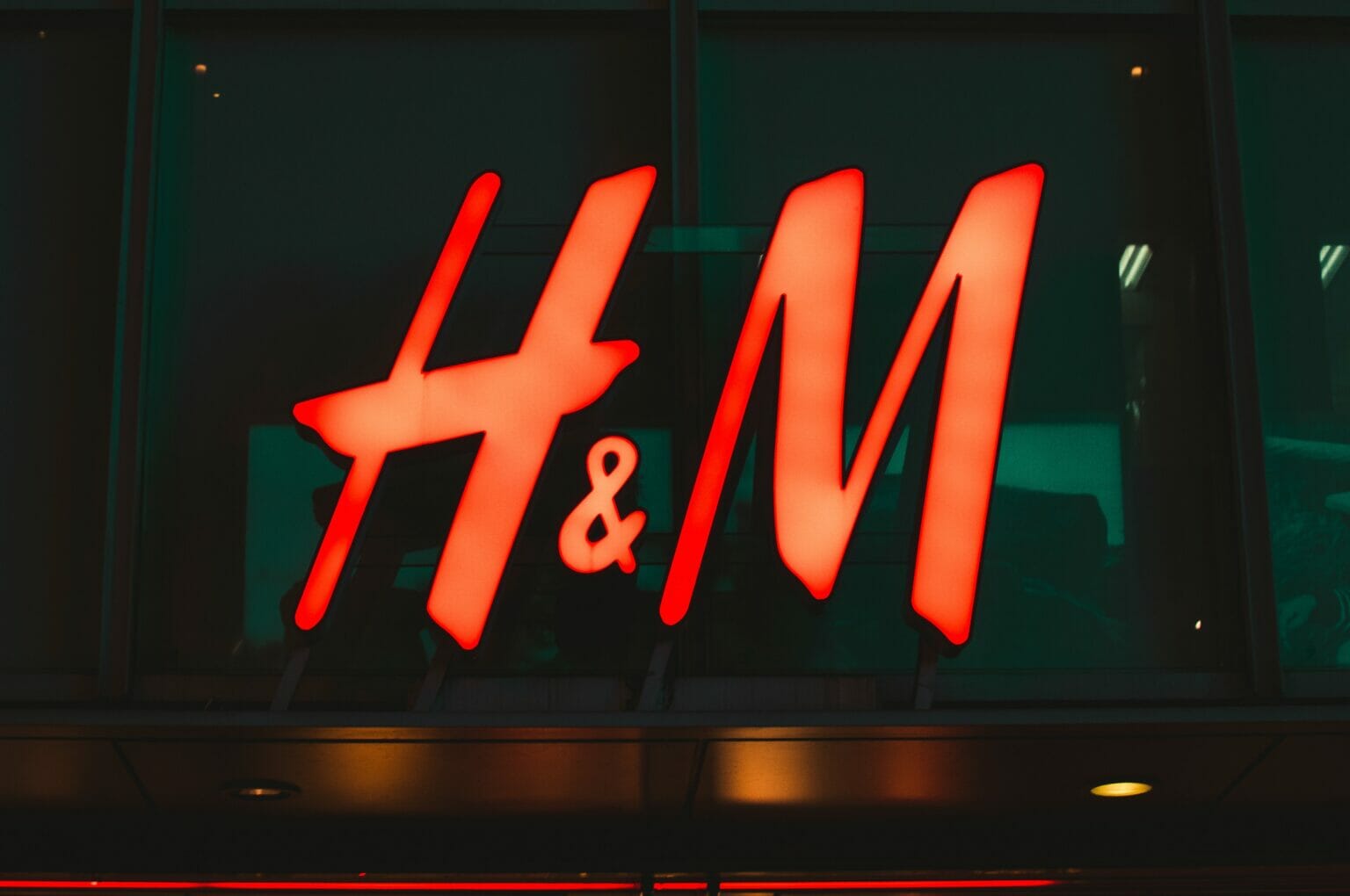H&M is looking into allegations of abuse at a plant in Myanmar as pressure grows.
A human rights group looked into 156 cases where workers at different brands in Myanmar were said to have been mistreated.
Reuters reports that H&M, the second-largest fashion retailer in the world, is looking into 20 cases of alleged labour abuse at Myanmar garment factories that supply it. This comes just a few weeks after Inditex, the owner of Zara and the most prominent fashion retailer in the world, said it would stop buying from the Southeast Asian country.
From February 2022 to February 2023, a British human rights group found 156 cases of claimed worker abuse in Myanmar garment factories, up from 56 the year before. This shows that workers’ rights have gotten worse since the military coup in February 2021.
According to a study by the non-governmental group Business and Human Rights Resource Centre (BHRRC), the most common complaints were about unfair dismissal, inhumane work rates, and forced overtime. Wage reduction and wage theft were also standard.
In a statement, H&M said, “All the cases brought up in the BHRRC report are being followed up on and, if necessary, fixed by our local team on the ground in close cooperation with relevant stakeholders.”
The Swedish retailer said, “We are apprehensive about what’s going on in Myanmar, and we see it getting harder to run our business according to our standards and requirements.”
Since the military government took over and threw the country into a political and humanitarian disaster, the BHRRC has been keeping track of claims that workers’ rights have been violated in Myanmar’s garment factories. The tracker lists reports of abuse at 124 different factories.

The BHRRC says it tracks cases of alleged abuse through sources like union leaders, foreign media, and local media like Myanmar Labour News. It also tries to confirm reports by checking with brands and talking to workers. Reuters has yet to match its results on its own.
The report says that over the past two years, 21 cases of alleged abuse have been tied to Inditex suppliers and 20 to H&M suppliers. Inditex didn’t say anything about the story.
The BHRRC report also mentions Irish multinational fashion retailer Primark, which has 19 cases of alleged abuse, Bestseller, which is based in Denmark and owns popular brands like Vero Moda and Jack & Jones; and Polish clothing company LPP, which has 12 cases of alleged abuse.
In an email to Al Jazeera, Primark said, “We welcome the attention that groups like the BHRRC bring to these issues, and we will continue to fully investigate and fix any claims we are made aware of, where possible.”
“This report shows the harsh reality of sourcing from Myanmar in the current situation and the worrying effects on the rights and safety of workers,” it said.
The company had said before that it stopped making new orders with Myanmar suppliers in October 2022, and it expects that the last of its orders from Myanmar will ship by the end of 2023.
Eighteen brands are part of the MADE project, backed by the European Union, aiming to improve working conditions in Myanmar’s garment factories. These brands include H&M, Bestseller, and Tendam.
The EU thinks that companies should keep getting their goods from Myanmar, where more than 500 firms make clothes and shoes for big brands and are a significant source of jobs.
Vicky Bowman, a former British ambassador to Myanmar and the director of the Myanmar Centre for Responsible Business, said that the foreign brands pressured to stop buying from Myanmar were also the most likely to offer stable jobs and take extra steps to protect against rights abuses.
